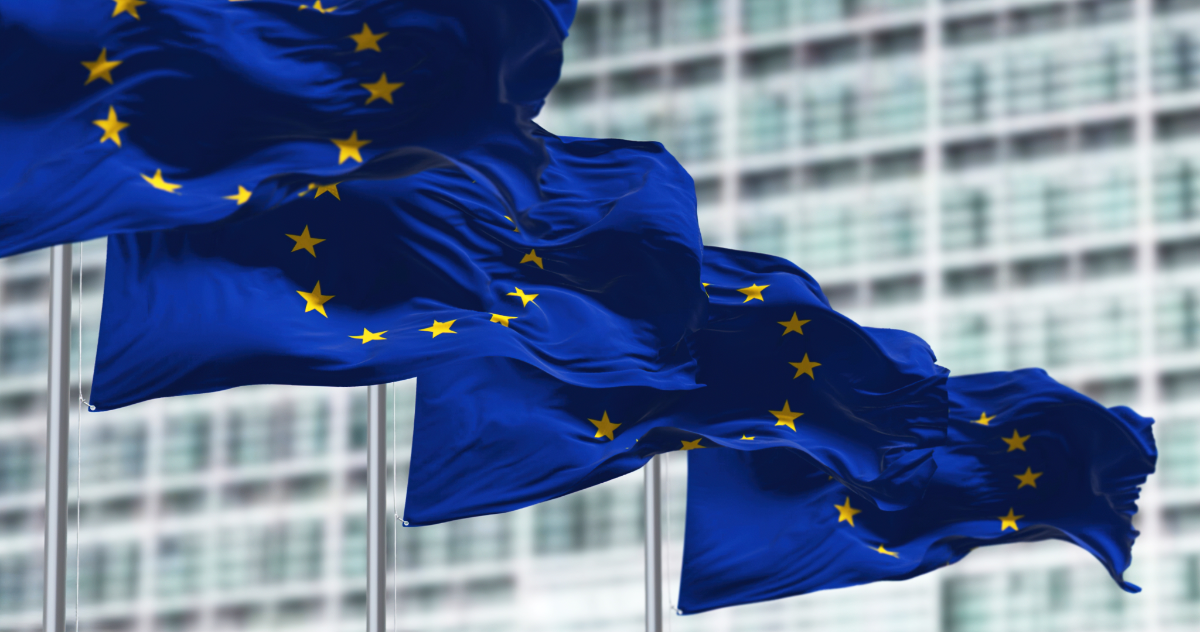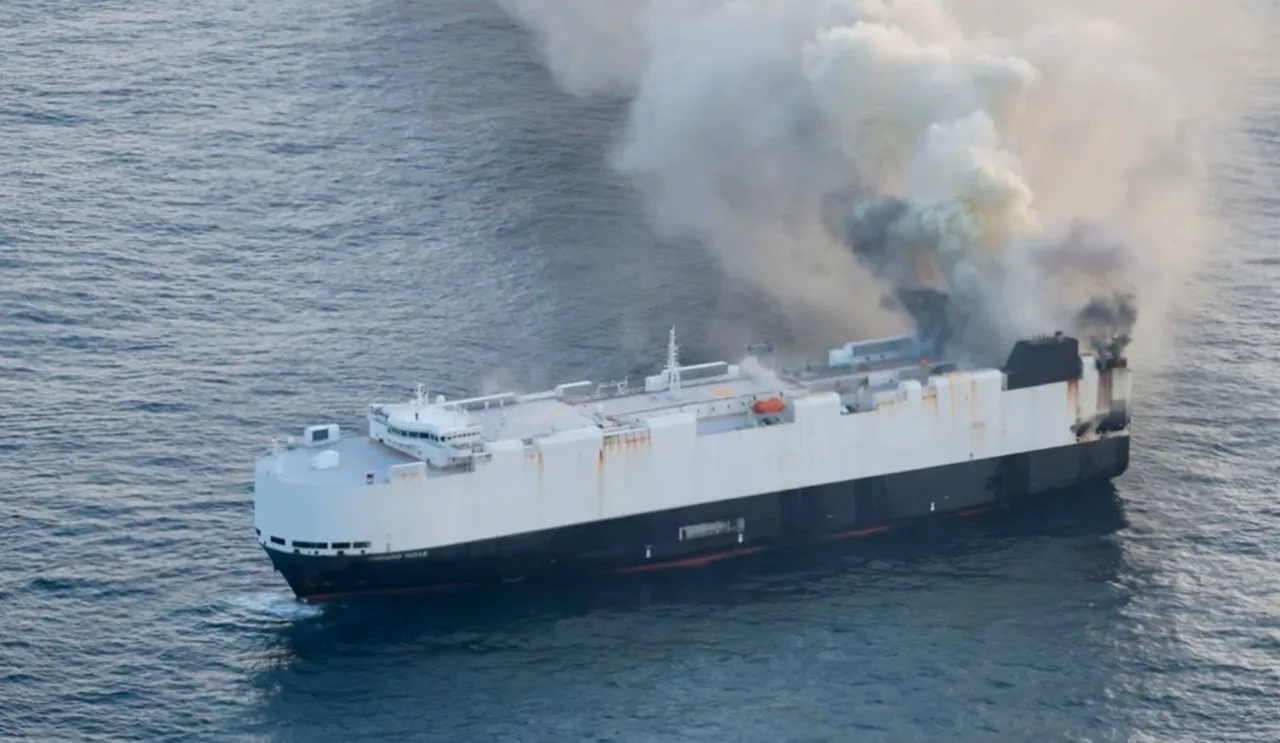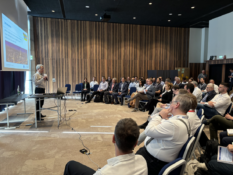A group of battery makers and industry body Eurobat accused of fixing battery prices are fighting their corner in Brussels as the European Commission investigates the alleged collusion. The closed hearing started last week.
Gert Meylemans, general manager of Eurobat, told BEST they were fighting the case: “Eurobat and its lawyers fully reject the allegations made in the statement of objections, as was recently reiterated during an oral hearing with the EU Commission. Predicting the next steps and their timing is difficult, as the process will be driven by the EU Commission. It is likely that they will adopt a final decision only next year.”
A Commission spokesperson told BEST: “The investigation is ongoing. As you know, there is no legal deadline for the Commission to complete antitrust inquiries into anti-competitive conduct. The duration of an antitrust investigation depends on a number of factors, including the complexity of the case, the extent to which the companies concerned cooperates with the Commission and the exercise of the rights of defence.”
Others are keeping tight-lipped. Christian Riedel, communications director at Clarios, said: “In general, we do not comment on ongoing investigations and court proceedings. We are cooperating with the authorities in their investigations.”
On 30 November 2023, the Commission informed automotive starter battery manufacturers Banner, Clarios (former JC Autobatterie), Exide, FIAMM Energy Technology (and its predecessor Elettra), Rombat, as well as Eurobat and its service provider Kellen, of its preliminary view that they had breached EU antitrust rules. The Commission said they colluded to increase the prices of automotive starter batteries sold to car producers in the European Economic Area (EEA).
This took place between 2004 and 2017, during which the seven participants created, published and agreed to use new indexes in their price negotiations with carmakers under the so-called Eurobat Premium system, the allegation states.
If found guilty of breaching EU antitrust rules, they risk fines as much as 10% of their global turnover.












